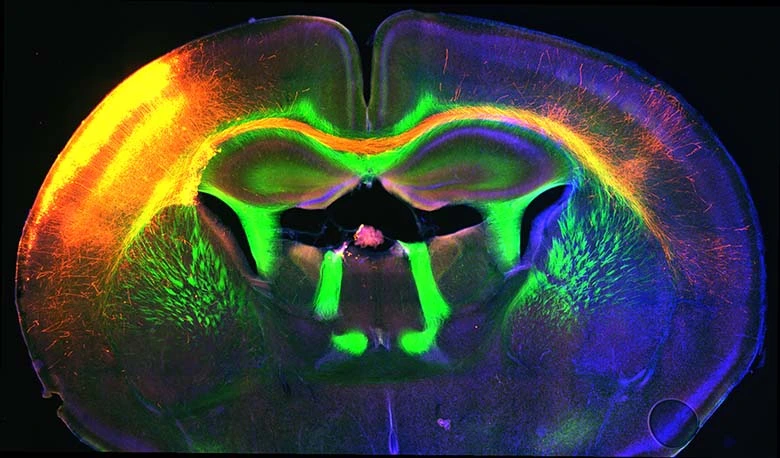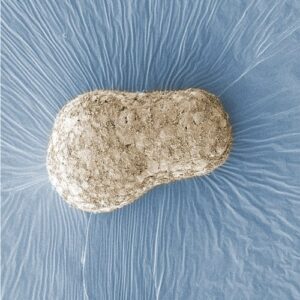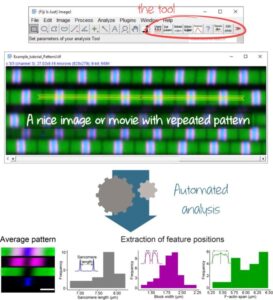Prenatal alcohol exposure can lead to a range of neurological impairments collectively known as fetal alcohol spectrum disorders (FASD). In a recent study published in Cell Reports, Mike Altounian, Anaïs Bellon and Fanny Mann showed that moderate alcohol exposure during prenatal brain development affects the corpus callosum, a white matter tract connecting the two brain hemispheres. As a result, corpus callosum axons become misrouted and terminate in the wrong regions of the brain. These abnormalities persist into adulthood and are associated with behavioural difficulties in complex sensorimotor tasks. During their research, the scientists identified a microRNA, miR-17-5p, and its target, the axon guidance receptor EphA4, as key components in the effects of alcohol. This study suggests that alcohol-sensitive microRNA regulation may influence brain connectivity. A deeper understanding of these mechanisms may pave the way for novel diagnostic and interventional approaches in FASD.
To know more
Altounian M, Bellon A, Mann F. Neuronal miR-17-5p contributes to interhemispheric cortical connectivity defects induced by prenatal alcohol exposure. Cell Rep. 2023 Aug 22;42(9):113020.




